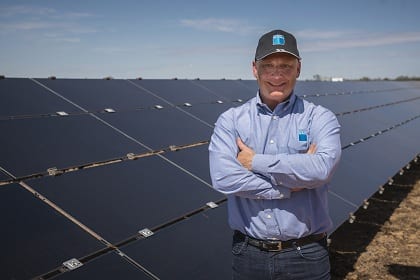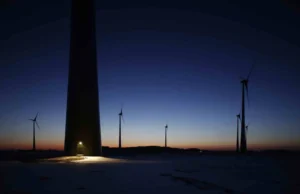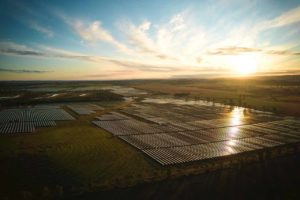The attempts by the Coalition to jawbone the operator of Australian biggest coal generation fleet, AGL Energy, into keeping the Liddell power station open for another five years, or sell it to someone who would, may have one positive impact.
Federal environment minister Josh Frydenberg has asked the Australian Energy Regulator to investigate recent trading by generators in NSW to ensure that consumers “aren’t getting ripped off.” The media release targeted AGL and Origin Energy in particular.
The decision follows a weekend of continued attacks by Coalition ministers of AGL’s refusal to keep open the Liddell power station beyond its 50-year life in 2022. The Coalition accuses it of seeking to boost its profits from the decision.
There is no doubt AGL has done well out of its coal generators, which should be noted it only bought recently: Until 2012 its biggest claim to fame was its gas history and the fact it was the biggest investor in renewable energy. Then it bought Loy Yang A in 2012 and Bayswater and Liddell in 2014. It is making a mint.
Frydenberg’s office rejected the link between the Liddell imbroglio and this threat of investigation, coming as it did just hours before AGL boss Andy Vesey was due to meet Frydenberg and Turnbull to disclose the Liddell closure.
But it is clear that such bidding practices have been rampant – by many generators – across the nation for years, and the Schneider report cited by Frydenberg is just the latest of many that has identified the billion-dollar excess of the wholesale market.
The AER is also looking at bidding practices in Victoria and South Australia following the recent closure of the Hazelwood brown coal generator, since which time wholesale prices have soared across the National Electricity Market, and doubled in Victoria.
It is not clear exactly what the AER can do, given that market bidding practices may well be within the market rules, despite the obvious attempts to push the prices up in an indiscriminate manner.
And it already investigates them. Last week the AER wrote in great detail about how the big players in the South Australia market – AGL, Origin and Engie – had pushed up prices in the FCAS (frequency control and ancillary services) market despite having more than enough capacity.
When asked on seven occasions to provide 35MW of FCAS for reasons of grid security, the big players only made 34MW available at low prices. The price extracted to provide that extra 1MW of capacity? Up to $7 million or more per day.
It is not the first time. Way back in March, in this story “Gas generators hold South Australia consumers to ransom again” we identified exactly the same practices, reported by the AER, earlier last year.
And, we point out, the WA regulator has found the government-owned Muja coal-fired power station guilty of a series of erroneous bids way back in 2014.
Its penalty, imposed three years later for false bidding over more than 2,800 trading intervals? Two fines of $1,000 and $1,500 each – justified by Muja’s imminent closure. That’s less than $1 for each trading interval breach. Astonishing.
At last week’s Disruption and the Energy Industry conference, AER director Jim Cox was asked by RenewEconomy about the legality of such bidding.
“It’s a very interesting question,” Cox said. ‘Is it a good thing? Probably not. Is it legal? Not sure. If it’s a question of collusion, it might be an ACCC issue.”
Cox noted, as has ACCC boss Rod Sims previously, that if it is the result of the use of market power by itself, then it would not be illegal. “If there is a compliant issue with NEM rules, then we will investigate it.”
Such bidding practices have been rampant across Australia, in each and every state market, for years. It is recognised by all the major players in their submissions to the proposal to try to prevent such bidding by changing the settlement period to 5 minutes from 30 minutes.
That proposal was fiercely opposed by all generators who owned fossil fuel plants they could control, and their implied threats to cause havoc in the energy financial markets (through instruments such as futures, hedges and caps) forced the AEMC to delay the introduction until mid 2021 at the earliest.
The Queensland government was the first to open up about the bidding practices, and was in a position to do something because it actually owns the generation companies. A direction to change bidding practices has seen wholesale electricity prices fall in that state by around one-third.
Frydenberg used that occasion to blame Labor for high electricity prices. His decision to ask the AER to investigate NSW is an admission it has nothing to do with partisan energy policies, but is a fixture of the market that the feds have chosen to ignore.
It is convenient now because AGL is resisting those calls on Liddell.
The Coalition – with the support of the Murdoch media – has attacked AGL in recent days for its huge lift in profits, and the advantage it would gain from closing Liddell.
Murdoch tabloids have branded AGL CEO Andy Vesey a “power tool” and all its papers have launched extraordinary attacks on his salary and where he chooses to live.











